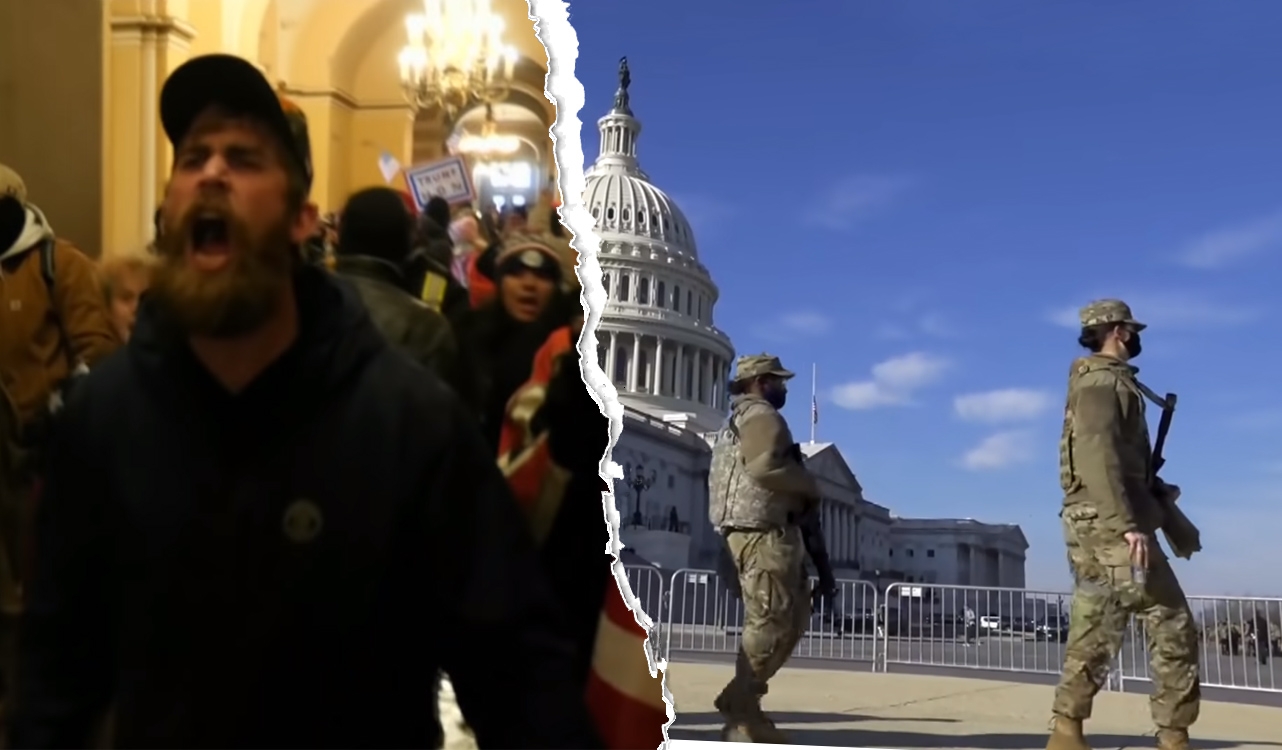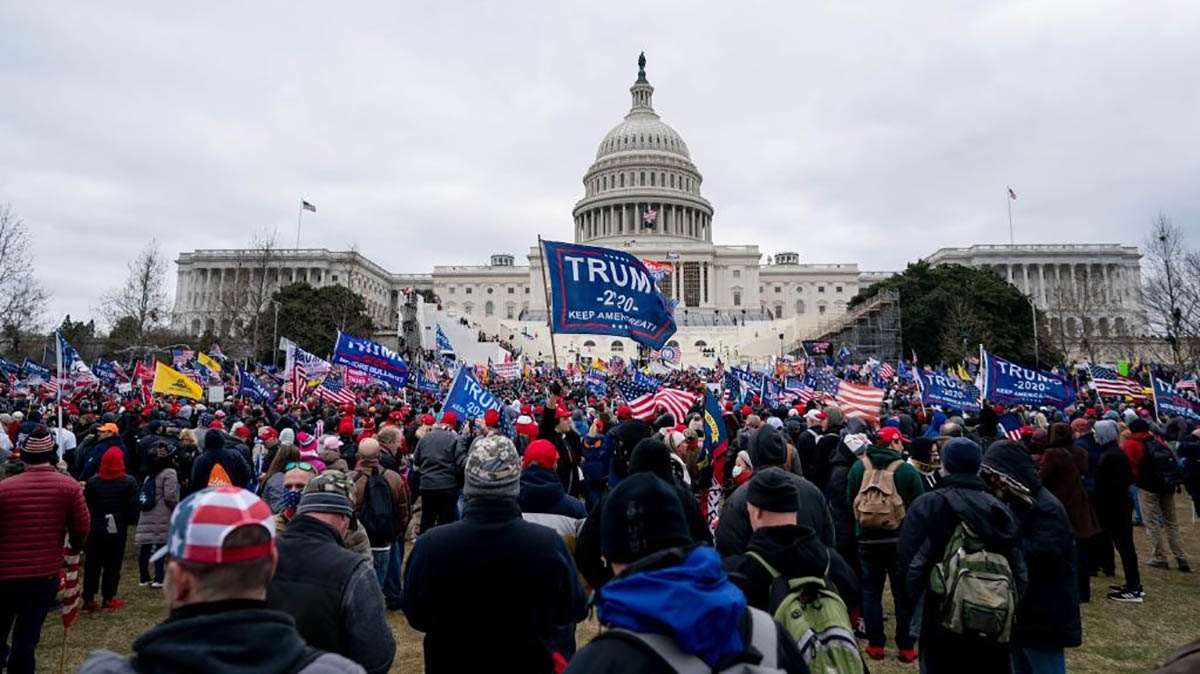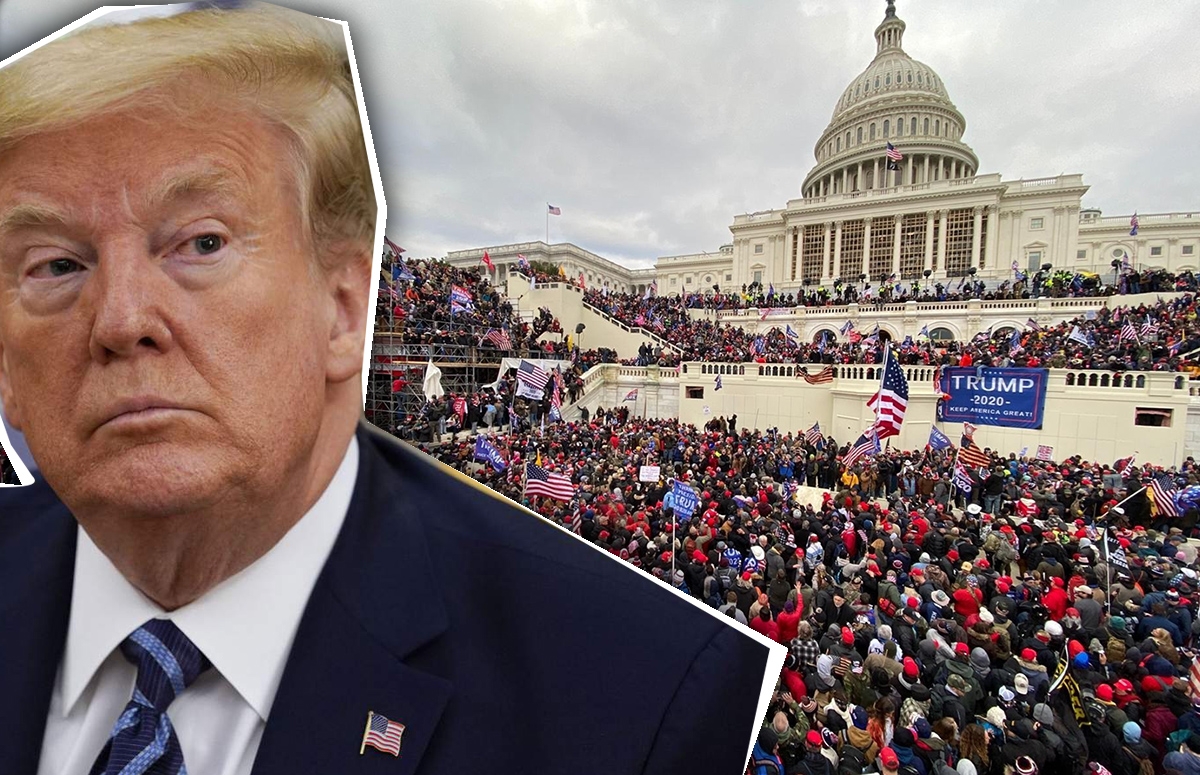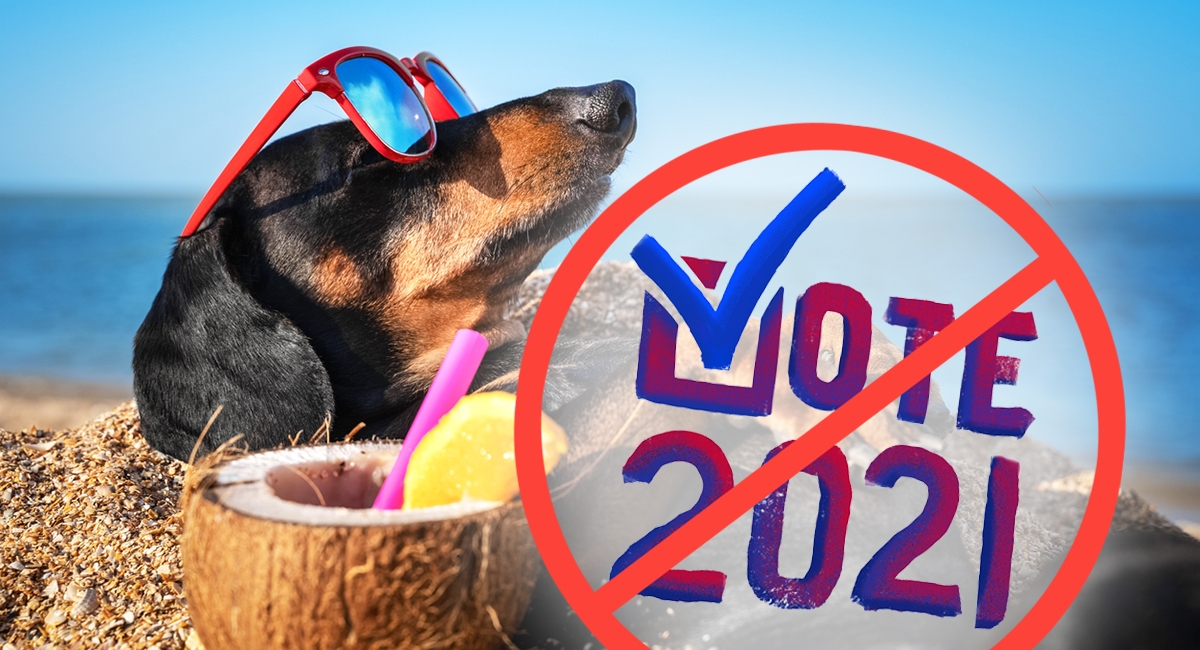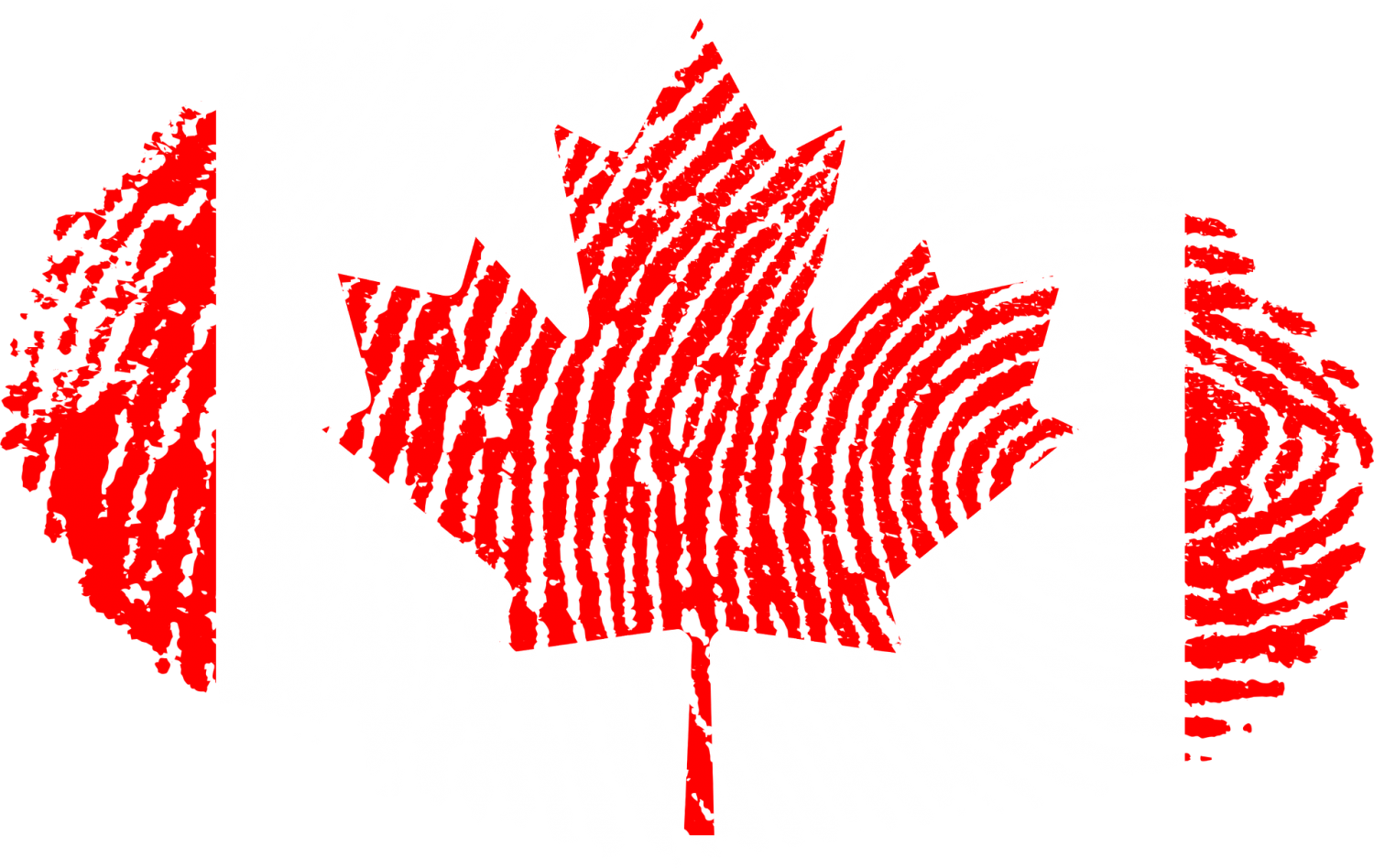
Canadian Identity in the Shadow of ‘Trumpism’
We’ve all been a part of that inevitable dinner table conversation: politics — the awkward social divider that many a hostess would wish to avoid. Polite chatter turns to angry fist-pounding, and newly formed connections are promptly ended when political opinions clash. Since November 2016 and the election of Donald Trump, those of us North of the border have had an escape route; many Canadians can agree that no matter how bleak things may look coming out of Ottawa, we’re experiencing nothing compared to the turmoil down the South.
 But a simple comparison does not an identity make. Canada may be experiencing an identity crisis of its own, with pressure from the international community to uphold the liberal values we claim to live by, and the equally strong economic pressure to remain close allies with the US. The US is Canada’s only neighbor by land. The two countries have maintained a peaceful relationship despite differences in policy or values. The cultural peak was perhaps a few years ago when popular memes depicted Barack Obama and Justin Trudeau in a ‘bromance’. Since the Trump Administration, however, dramatic political changes have been taking place in the US at an alarming rate. Canada’s response has remained tentatively diplomatic and unthreatening.
But a simple comparison does not an identity make. Canada may be experiencing an identity crisis of its own, with pressure from the international community to uphold the liberal values we claim to live by, and the equally strong economic pressure to remain close allies with the US. The US is Canada’s only neighbor by land. The two countries have maintained a peaceful relationship despite differences in policy or values. The cultural peak was perhaps a few years ago when popular memes depicted Barack Obama and Justin Trudeau in a ‘bromance’. Since the Trump Administration, however, dramatic political changes have been taking place in the US at an alarming rate. Canada’s response has remained tentatively diplomatic and unthreatening.
In the international community, Canada is a self-proclaimed Peacekeeper and Protector. We value acceptance, multiculturalism, development, and free trade. Until recently, these values aligned quite comfortably with those of the US.
With the election of Donald Trump, however, and the rapid growth of Trumpism, Canada no longer enjoys this compatible relationship. The term ‘Trumpism’ refers to the nontraditional political approach taken by President Trump and his supporters. It includes anti-establishment populism, strong militarism, reactionary nationalism, and is often associated with white supremacy. Politics is never a simple or predictable indicator of society, but with such extremist movements surrounding us, the question arises: is Canada struggling to redefine its identity?
The United Nations (UN) was created by multiple countries around the world following the extreme nationalist movements, anti-Semitism, and genocide of WWII. Led by the US and Eleanor Roosevelt, the UN strove to create a world order where such division would never again show its face. Participating countries are allotted funding and peacekeeping military aid in incidents of international crisis. The amount and type of aid is based on a nation’s state’s overall capabilities, but is mainly determined through GDP. The US, being a major economic and military superpower, is responsible for nearly 20% of UN funding.
In December 2017, the Trump Administration announced that the US would be cutting funding to the UN by more than half. This announcement blundering its way through the concern that the American people were paying too much out of their own already-empty wallets, and fostered connotations of resentment towards the concept of “foreigners”. It seems that the UN’s purpose has already been forgotten. Images of bright red poppies with the slogan “Lest We Forget” come to mind, along with Hannah Arendt’s foreboding words from the Holocaust: “If genocide is an actual possibility of the future, then no people on earth… can feel reasonably sure of its continued existence without the help and protection of international law.”
The UN is often criticized for its apparent inability to enforce decisions, and its reliance on the strength of the nation state. Every system can be improved upon and such criticism has merit. The Trump Administration’s decision to cut funding, however, tasted more of protectionism and isolation than of this type of criticism. It appears that this attitude has no room for international conventions or for working together.
Living in the shadow of a superpower that’s disregarding all that the international community has worked toward since WWII, Canada’s actions in the coming months will likely be vital to our national identity. Diplomatically “handling” the Trump Administration appears to be working no longer – our identity is at risk of being defined for us if we continue to have no opinion on these matters.
Canada’s future in the international community is at a crossroads. Historically, we have been defined as a ‘middle power’ state, meaning that we have capabilities and wealth far above those states deemed to be “developing”, but stand outside the superpowers of places like China, the UE, and the US. However, the radical decisions of the Trump Administration are causing global political uncertainty. Canada may not have the capabilities to replace the US as a superpower, but we certainly have the diplomatic power to emerge as leaders in international organization and cooperation. Canada must seize this opportunity to set new examples and to reimagine global order that focuses once again on our values of inclusiveness, multiculturalism, and cooperation. It is time for Canada to take up the torch and define itself — as a peacekeeper, as an advocate for international order, and as a leader.

